Eureka! Lab
A place for discovery

Educators and Parents, Sign Up for The Cheat Sheet
Weekly updates to help you use Science News Explores in the learning environment
Thank you for signing up!
There was a problem signing you up.
-
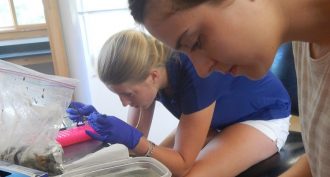
Summer students dig into crab stomachs
The eelgrass in a Maine bay has been dying off. Two teens caught and dissected green crabs to figure out if this invasive species might be responsible.
-
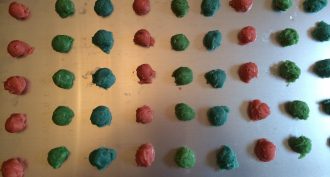
Cookie Science 6: Baking it up
It’s time cookie science hit the ovens. I baked up three different batches of cookies. But I ran into some trouble along the way.
-
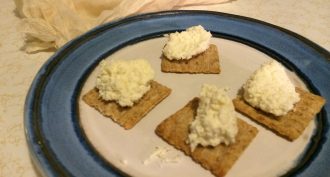
Chemistry gets cheesy
You might think of cheese as something produced far away. In fact, you can make it at home. It just takes a little bit of kitchen chemistry.
-
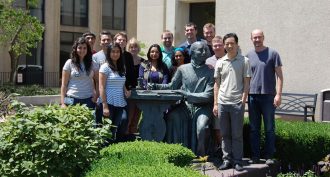
High school students fill university lab with energy
A Chicago scientist found high school students brought hard work and enthusiasm into his lab.
-
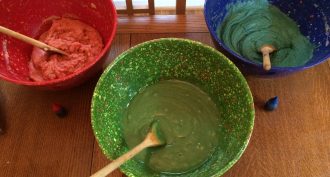
Cookie Science 5: ‘Blinding’ your subjects
When designing a cookie experiment, you need to make sure that your tasters can’t tell which cookies they taste.
-

Free app for tree ID needs work
Leafsnap is an app that identifies local trees. Unfortunately, the app is difficult to work with and has some technical problems.
-
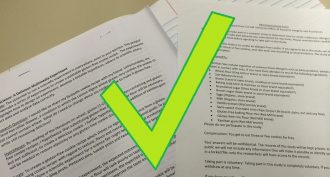
Cookie Science 4: Cookie ethics
I may just be asking people to eat cookies, but if I’m doing science, I also need to make sure I am treating everyone fairly and that no one gets hurt.
-
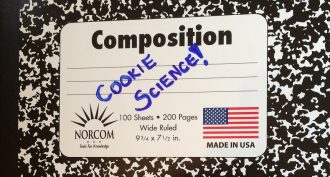
Cookie Science 3: The lab notebook
Every good scientist keeps a lab notebook. It’s a careful record of every step of testing and every observation. A lab notebook means that you can review all details of your work long after its done — and other people can try to verify your findings with their own tests.
-
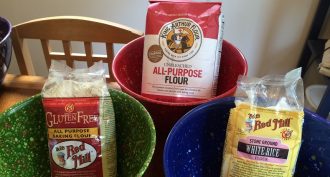 Health & Medicine
Health & MedicineCookie Science 2: Baking a testable hypothesis
I would like to make a gluten-free cookie that my friend can eat. But to do that, I need to come up with a hypothesis to test.
-
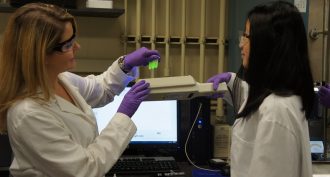
Students in lab learn not to fear failure
Scientific papers often look like nothing but success. But two high school students learn that failure can be a step to success. You just have to learn from it.
-
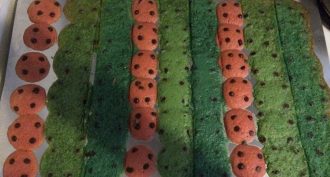
Welcome to Cookie Science!
You don’t need a fancy laboratory or equipment to do science. Here, we show you how to conduct experiments at home — even in your kitchen.
-
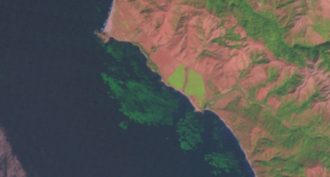
Find floating forests for science
Kelp, a large type of seaweed, provides food and habitat for many ocean creatures. Now, scientists need your help to find out where kelp beds are and how they might be changing.